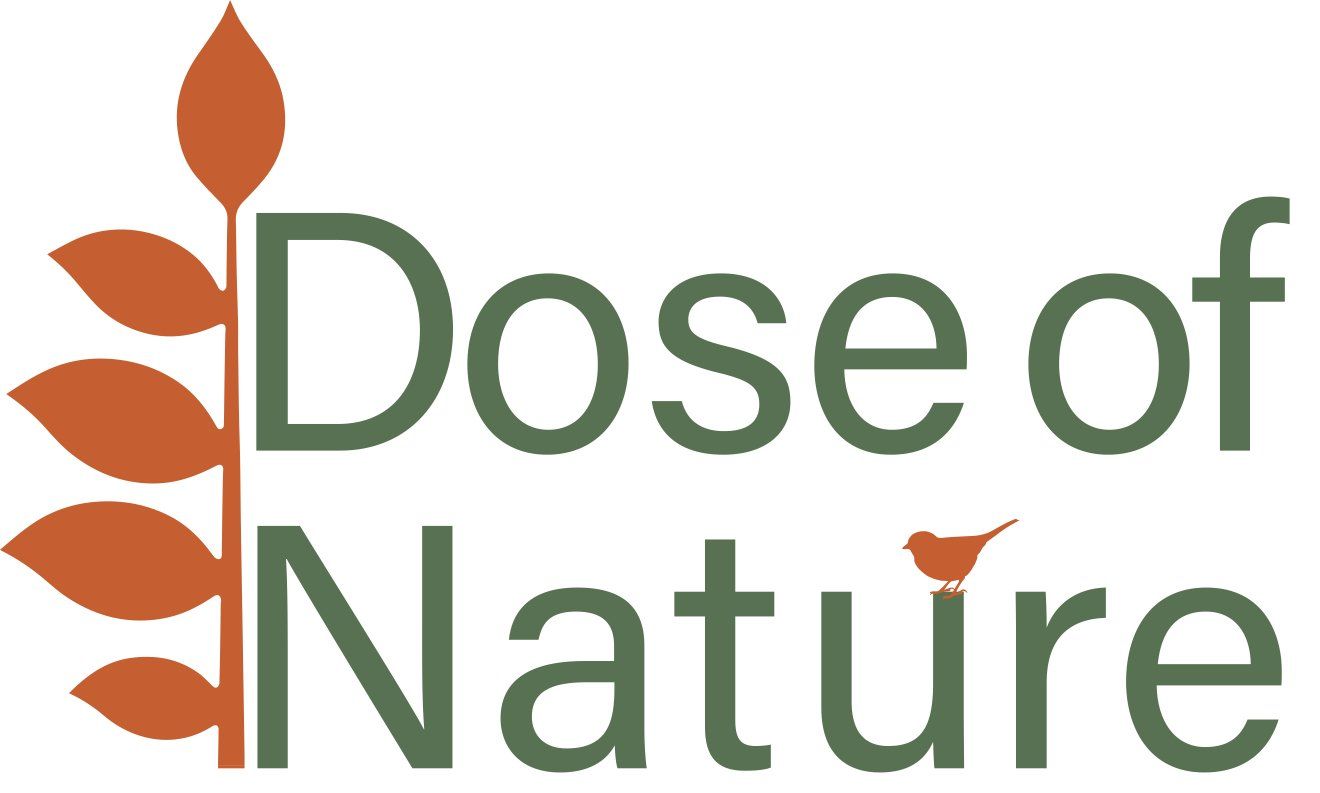Latest News
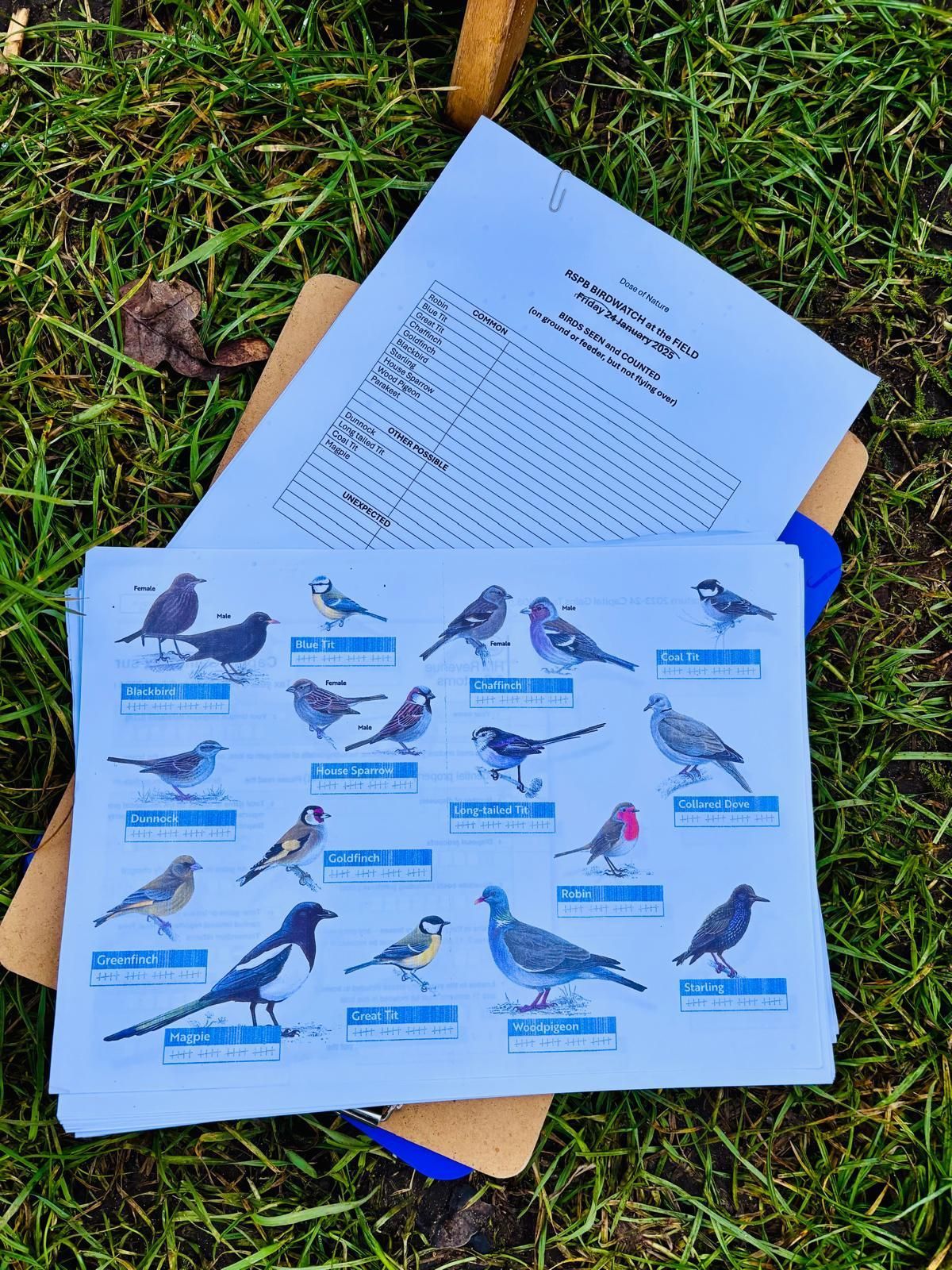
We were delighted to take part once again in the RSPB’s Big Garden Birdwatch, welcoming Dose of Nature clients, volunteers and staff to a calm and rewarding morning at Pensford Field. Although the session began dull and damp, the weather gradually improved — bringing bursts of sunshine and a flurry of bird activity. We spotted several different species, including our charming regulars like robins, blue tits, and goldfinches. Particularly encouraging were sightings of six chaffinches, a coal tit, and multiple crows and gulls flying overhead. Thanks to our bird-friendly setup — including recently installed feeders — we were able to spot birds across the site, with many active around hedgerows and trees. Although some species remained elusive this time, the variety and number recorded are an encouraging sign of the field’s ecological richness even in midwinter. As ever, this annual count is more than just a peaceful morning outdoors. With many garden birds now appearing on the RSPB’s list of Birds of Conservation Concern, each local survey helps monitor shifts in bird populations and highlights where action is most needed. A huge thank you to everyone who joined us and helped make this event such a success! Learn more about the Big Garden Birdwatch and how you can take part here .

Winter is well underway, and for many people this time of year can feel particularly heavy. Shorter days, colder weather and reduced daylight can impact our mood, energy levels and motivation. It’s completely natural to feel this seasonal shift — but there are gentle, supportive ways to beat the winter blues. In a recent collaboration with Children United, Dr Georgina Gould from Dose of Nature spoke about the powerful role nature can play in supporting mental health through winter. While it can be tempting to stay indoors, spending time outside — even briefly — can make a meaningful difference to how we feel. Dr Gould highlights that getting into natural spaces during winter can help regulate our body clock, boost mood and provide a sense of calm and perspective. Exposure to natural light, fresh air and green space supports emotional wellbeing and helps counter some of the challenges that winter can bring. Nature doesn’t have to mean long walks or big plans. It can be as simple as: A short walk in a local park Stepping outside for fresh air and natural light Noticing seasonal changes in trees, sky and wildlife Taking a mindful moment outdoors At Dose of Nature, we see every day how time in nature can help people feel more grounded, connected and supported — even in the colder months. Winter may already be here, but it’s not too late to build small, restorative moments outdoors into your routine. We were proud to contribute to the Children United video on supporting wellbeing through winter and to share Dr Gould’s insights on the benefits of nature for mental health. Watch the video to hear Dr Georgina Gould share how connecting with nature can support you through the winter months.
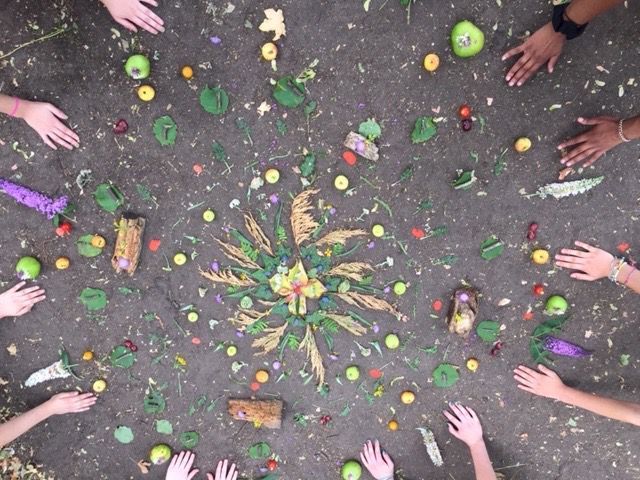
We are delighted to share that Dose of Nature was nominated for the South West London & St George’s 2025 Quality Awards in the Community Partnership category. The nomination recognised our work supporting children and young people’s mental health in Richmond and our partnership with local services: “Dose of Nature have supported a number of our young people with mental health support, enhancing service user care in the borough.” With over 500 nominations received for just 17 awards, we are incredibly proud to have been recognised for our impact and collaboration. Thank you to Rachel Tucker for nominating us and to all our partners and young people who inspire our work every day.
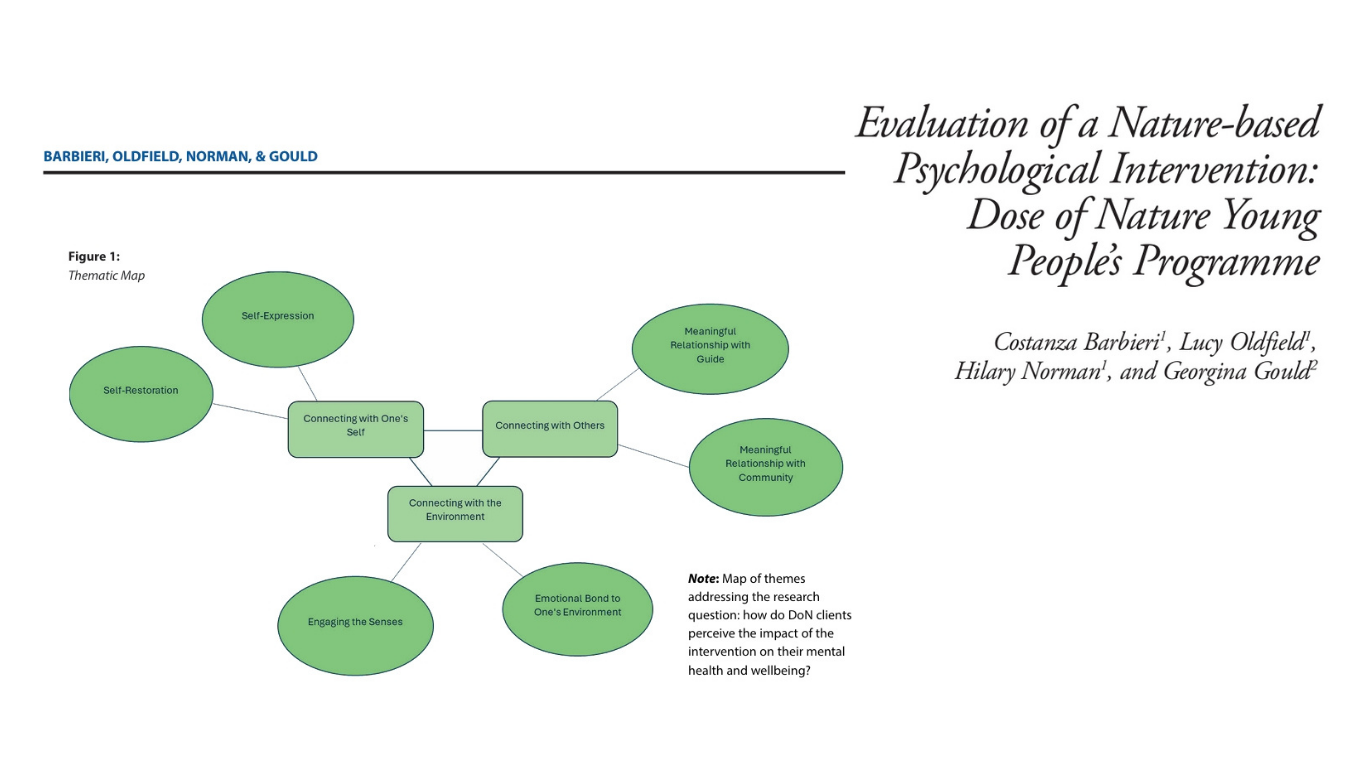
We are proud to share that new academic research has been published in the Journal of Ecopsychology exploring the impact of Dose of Nature’s Young People’s Programme on mental health and wellbeing. The study, led by Costanza Barbieri from Goldsmiths, University of London, with co-authors Dr Lucy Oldfield, Dr Hilary Norman and Dr Georgina Gould from Dose of Nature, examined how young people experience nature-based mental health support and what makes these interventions effective. What the research explored The qualitative study involved one-to-one interviews with young people aged 15–25 who had taken part in the Dose of Nature programme. The aim was to understand not just whether nature-based interventions help, but why they support mental wellbeing. Key findings: Three powerful connections The research identified three interconnected themes that underpin the programme’s positive impact: 1. Connecting with oneself Participants described feeling calmer, more motivated and more aware of their needs. Time in nature supported self-expression, emotional regulation and personal growth. 2. Connecting with others Meaningful relationships with Guides and a sense of belonging within the Dose of Nature community were central to participants’ experiences. These relationships made the support feel human, authentic and accessible. 3. Connecting with the environment Young people developed a deeper emotional bond with nature, noticing beauty, change and interconnection. This connection fostered resilience, gratitude and a sense of belonging in the world. Notably, the most influential elements were self-expression and emotional connection to nature, highlighting that the quality of interaction with nature matters as much as time spent outdoors. Why this matters The findings offer important evidence that nature-based interventions can support mental wellbeing by nurturing relationships—with self, others and the natural world. The study also highlights the clinical value of fostering emotional connections to nature, rather than focusing solely on outdoor activities or environmental knowledge. At a time when young people face rising mental health challenges and environmental uncertainty, this research reinforces the importance of accessible, relational and nature-based approaches to mental health support. Our commitment We are delighted that this research contributes to growing evidence for nature-based mental health interventions and helps deepen understanding of how Dose of Nature’s approach supports young people. We would like to thank the researchers, participants and the wider Dose of Nature community for making this work possible. To read full article click here .
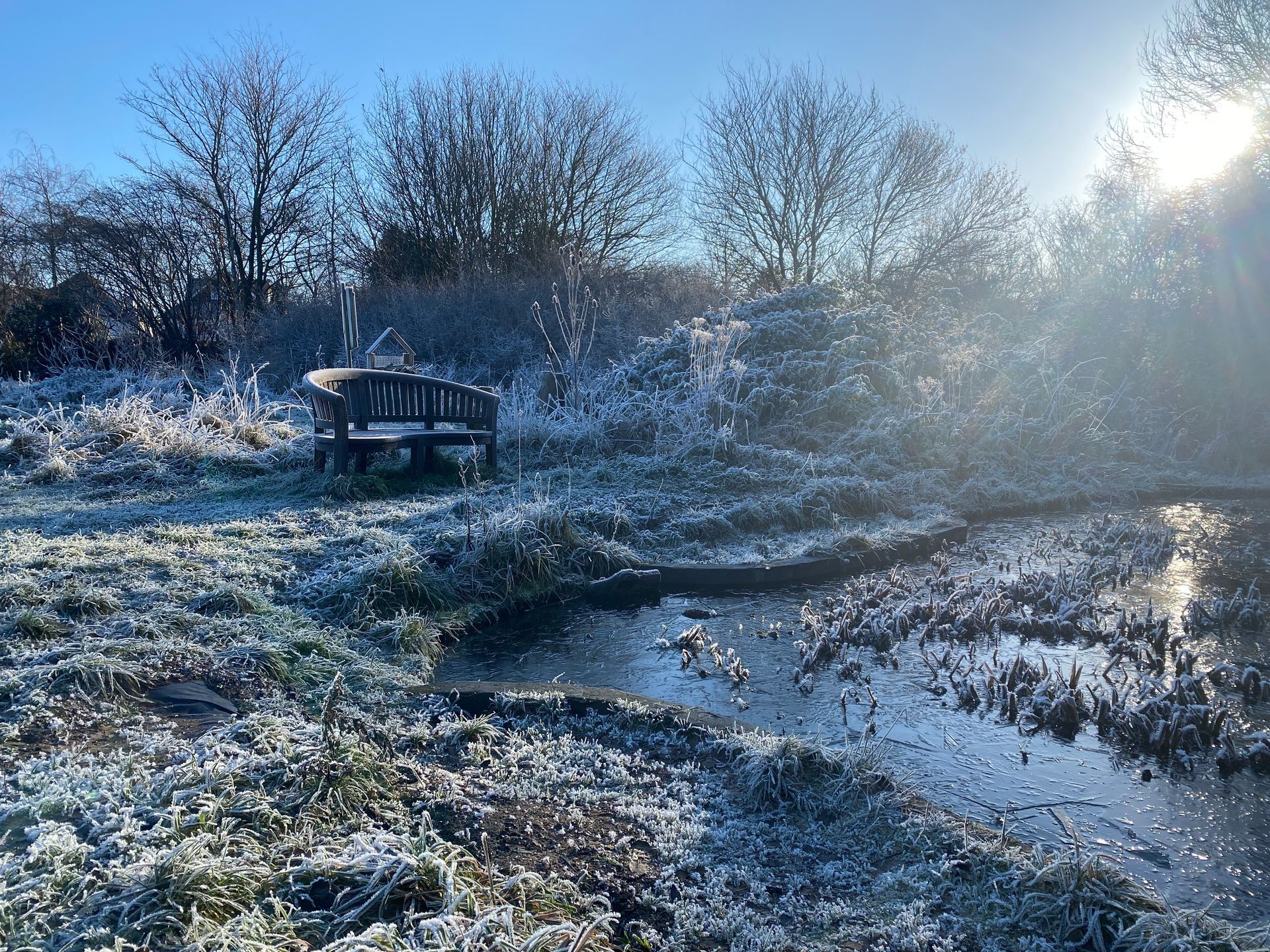
Having been granted the permanent lease of Pensford Field in December, we would love to invite anyone interested in the future of the field to a drop-in coffee morning on Wednesday 11th February, between 10am and 1pm . Our team will be on hand to share more about our charity’s work and to answer any questions about our new role as caretakers of this much-loved and very special community space.
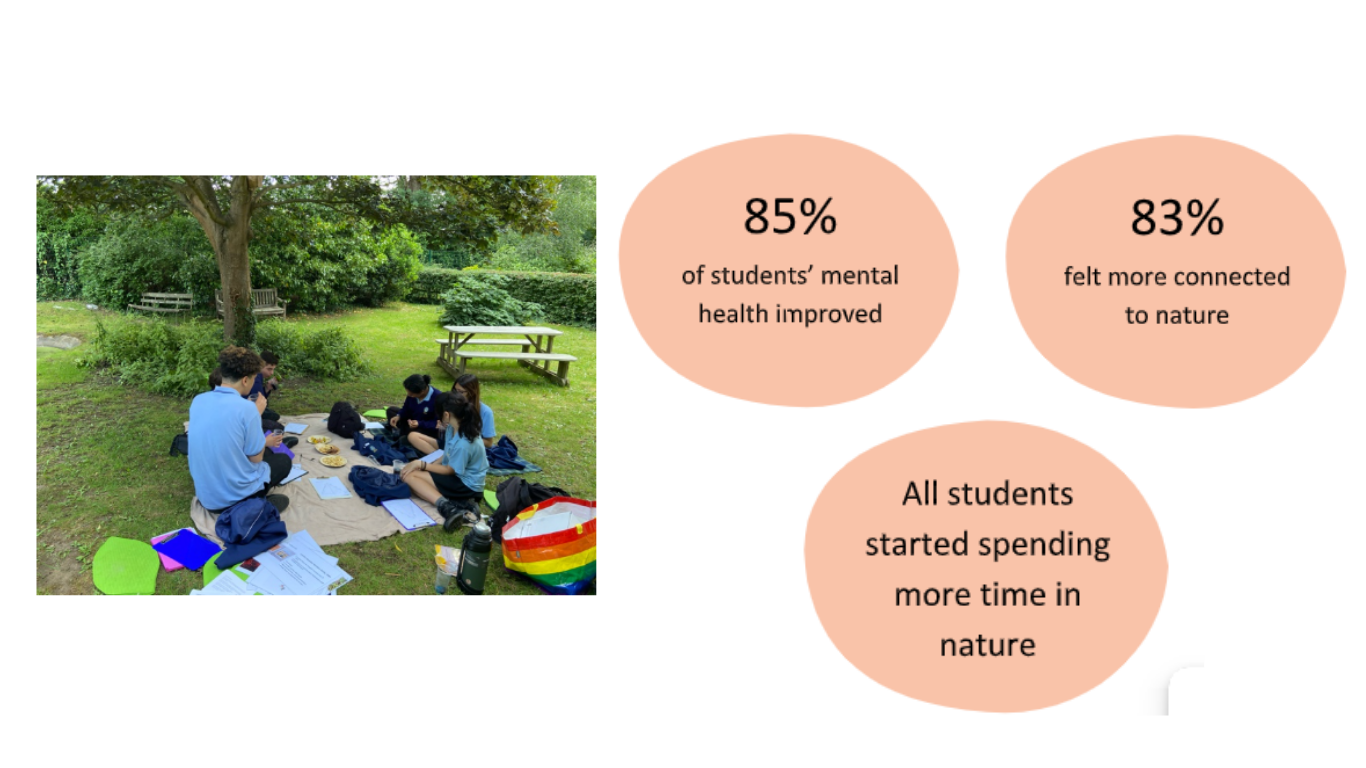
At Dose of Nature, we have long believed that schools play a vital role in supporting young people’s mental health. Earlier this year, we were delighted to pilot our first school-based intervention at Christ’s School in Richmond, designed to bring the proven benefits of nature directly into the school environment. The four-week programme was delivered during regular PSHE lessons and reached 180 Year 8 students (aged 12–13). Through a combination of outdoor activities, group discussions, original animated short films, and a comprehensive teacher training manual, students learned practical tools to help them manage stress, anxiety, and everyday emotional challenges. One student reflected on the impact: “I realised that I overthink things and now I use nature to ground me… I also use nature as a break from my work, and I then feel refreshed and produce better quality work.” – Ali, 17 Alongside this universal programme, we also delivered a six-week Nature for Wellbeing course for a smaller group of 14 students (Years 7–10) who had been identified as needing additional emotional support. This course was delivered by our psychologists and provided focused psychoeducation on the mental health benefits of nature. Students completed wellbeing questionnaires at the beginning and end of the programme. The results were hugely encouraging: 85% of students showed improved mental wellbeing 83% felt more connected to nature 100% reported spending more time outdoors All of this was achieved in just six sessions, highlighting the powerful potential of nature-based mental health support if embedded more widely in schools. Another student shared: “I used to have panic attacks, but Dose of Nature has helped me relieve so much stress. I am much happier and more confident.” – Holly, 16 The programme is overseen by Dr Georgina Gould, Clinical Lead at Dose of Nature, who brings extensive experience from her work in Child and Adolescent Mental Health Services (CAMHS). Following the success of this pilot, we are excited about the future potential of expanding school-based nature wellbeing programmes both locally and nationally.

Dose of Nature was delighted to attend the 2025 Chimo Trust Summit earlier this month , a gathering that brought together all 17 of Chimo’s charity partners, alongside academics, funders, researchers and sector leaders working to improve mental health outcomes for young people. Hosted by the Chimo Trust, the summit focused on Enhanced Social Prescriptions—an area central to the work we do at Dose of Nature. The day was rich with learning and collaboration, featuring thought-provoking panel discussions, case studies from charity partners, and inspiring research presentations on evidencing impact. Our CEO and Founder, Dr Alison Greenwood, was invited to be one of the event’s speakers and to present Dose of Nature’s ‘Expansion Experience'. In true Dose of Nature style, she employed the branch of a tree to illustrate the different stages of our charity’s growth, using it as a vivid illustration of nature connection in action. It was inspiring to hear from a range of voices throughout the day, including a keynote from Professor Lord Richard Layard, whose lo ng-standing commitment to mental health and wellbeing is deeply respected across the sector. It was also wonderful to connect with so many brilliant and inspiring charities within the Chimo network—organisations we deeply admire and are proud to stand alongside. We are hugely grateful to Gavin White, Founder and CEO of The Chimo Trust, along with Chimo’s exceptional Trustees, for hosting such an inspiring summit, and for their continued support of our work with young people..
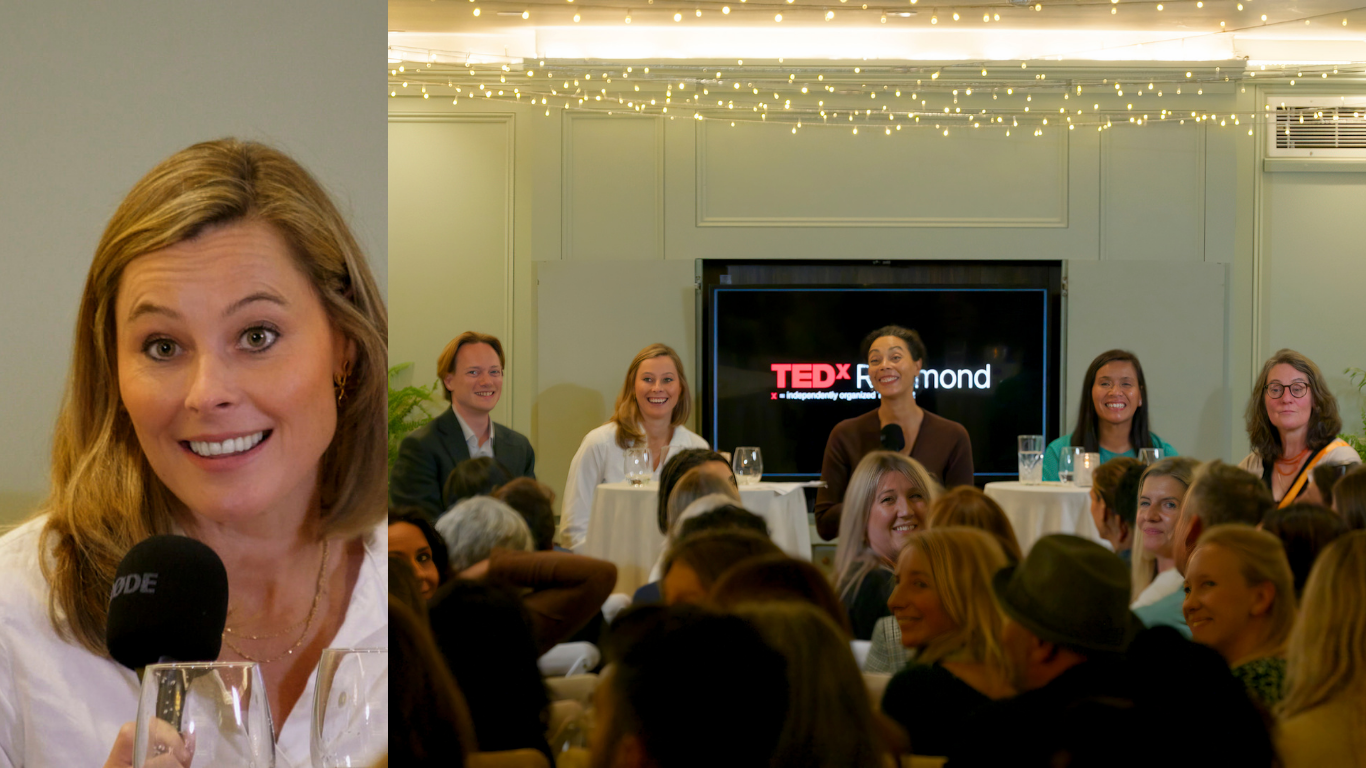
We’re thrilled to share that Dr Georgina Gould , Clinical Lead at Dose of Nature, recently spoke at the launch of TEDxRichmond , an inspiring new platform founded by Jessica Hume . The first-ever TEDxRichmond event took place at the beautiful Bingham Riverhouse , hosted by Bingham and organised by Jessica Hume. The theme, “Harmony,” brought together three charity leaders who shared how community connections can support the mental health and wellbeing of both young people and adults . This marks the beginning of a very exciting new chapter for Richmond, as TEDxRichmond begins its journey of spreading ideas and inspiration locally. The next TEDxRichmond event will take place in January at Petersham Nurseries , in partnership with Third Space London . Follow @tedxrichmond , @petershamnurseries , and @thirdspacelondon for updates on upcoming events. Find out more about the launch event here and see highlights on Instagram . (Photos courtesy of Jessica Hume.)
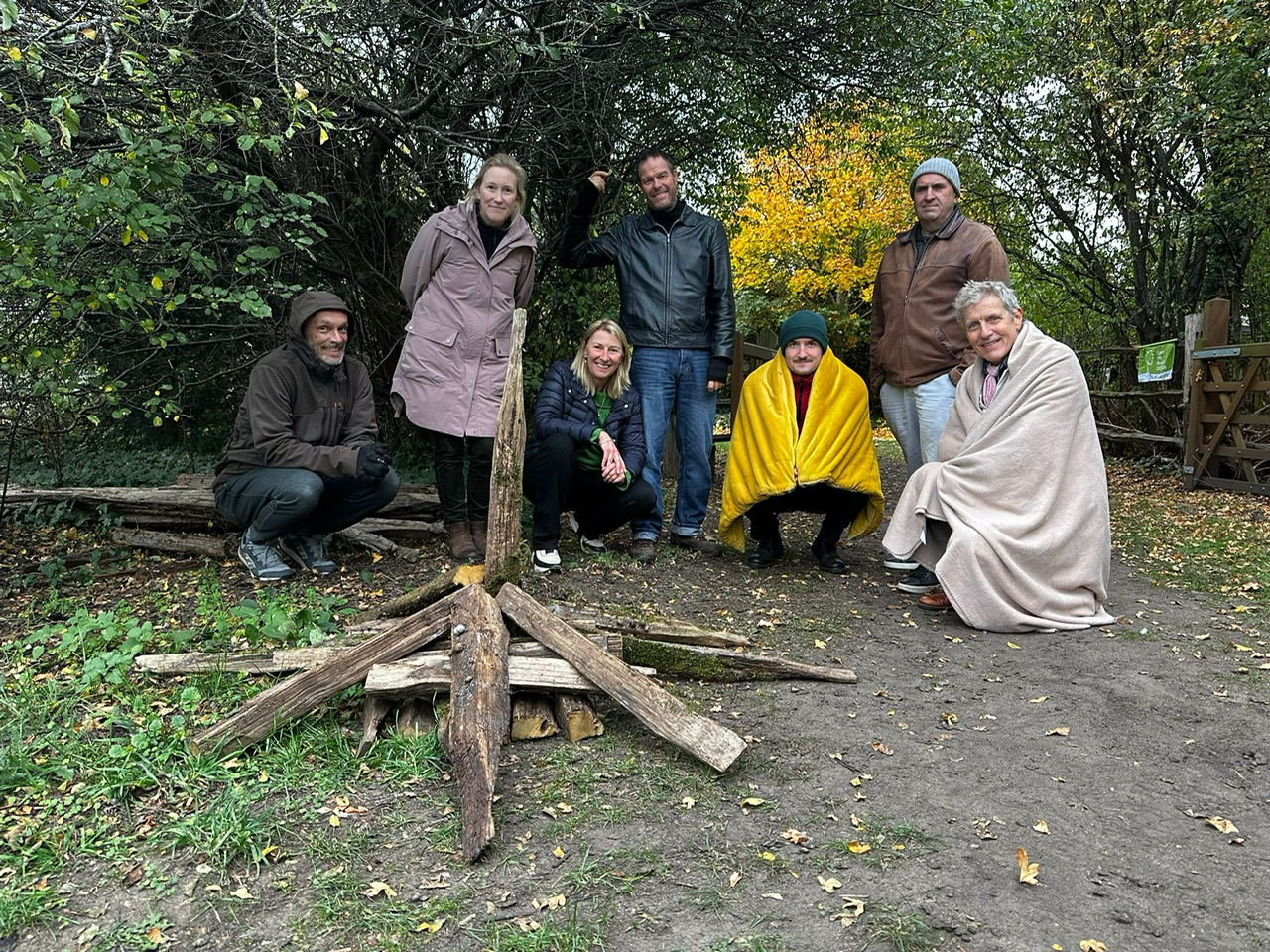
Dr Alison Greenwood and Dr Emma Fredman ran a wellbeing workshop last week at Pensford Field, Kew , hosted by Dose of Nature for the staff team at SPEAR. SPEAR is a charity supporting people facing homelessness, helping them secure stable accommodation and providing tailored support to rebuild their lives and independence. The workshop introduced SPEAR staff to Dose of Nature’s wellbeing programme, combining scientific learning about the mental health benefits of time spent in nature with practical outdoor activities. The session encouraged reflection, connection, and hands-on experience of how nature can enhance wellbeing — both personally and professionally. It was an afternoon of shared learning, fresh perspectives, and calm connection with nature. You can learn more about SPEAR here .
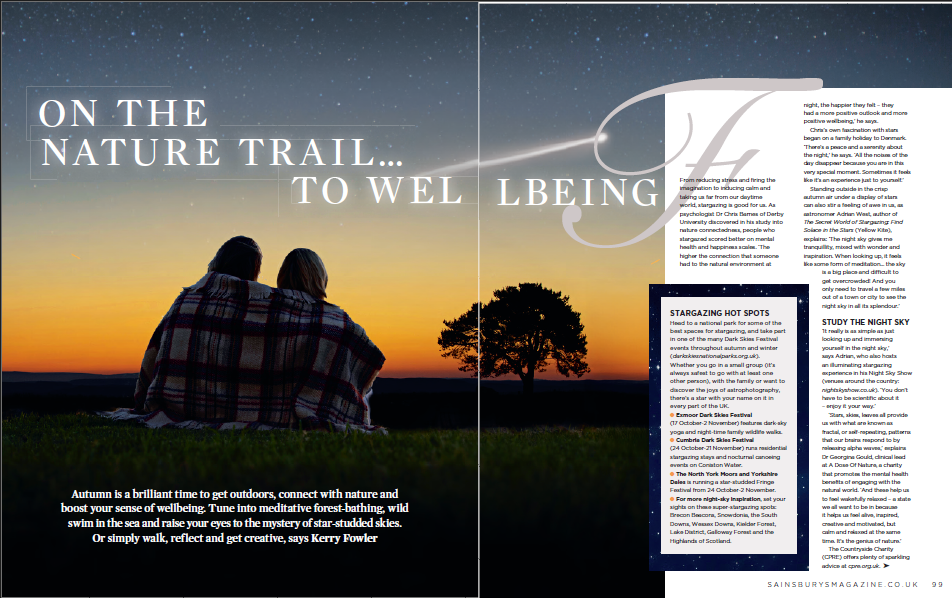
We’re thrilled to share that our Clinical Lead, Dr Georgina Gould , has been featured in the October 2025 edition of Sainsbury’s Magazine in a beautifully written article titled “On the Nature Trail.” The piece explores how connecting with nature can restore calm, focus and creativity — something we at Dose of Nature are deeply passionate about. Drawing on her expertise in clinical psychology and nature-based wellbeing, Dr Gould explains how the natural world supports mental health in profound ways. She describes how the soft, self-repeating patterns found in nature — known as fractals — can soothe our nervous system , releasing alpha waves that bring a wakeful sense of relaxation. Dr Gould also highlights the concept of “soft fascination” , the gentle, effortless attention that natural environments inspire — from watching ripples on water to noticing leaves moving in the breeze. As she puts it, “In the natural world, you don’t see hard edges. Take time out to watch the clouds, trees moving in the wind, ripples on water… rest, recover and return to whatever you’re doing with renewed focus.” We’re so proud to see Dr Gould's insights shared with a wider audience. At Dose of Nature, our mission is to help people experience these same benefits through supported, evidence-based connection with the natural world. Our heartfelt thanks to Sainsbury’s Magazine for recognising the importance of nature-based wellbeing — and to Dr Gould for continuing to lead the way in this vital conversation. You can read the full article here .
